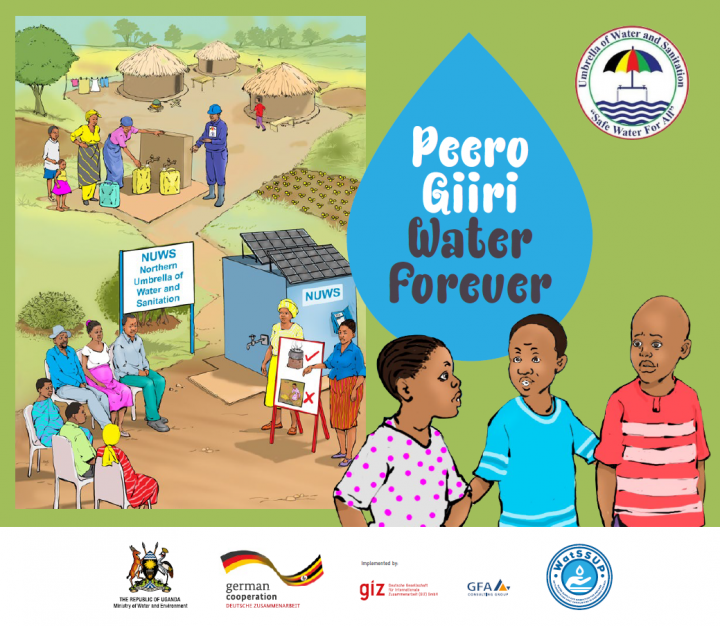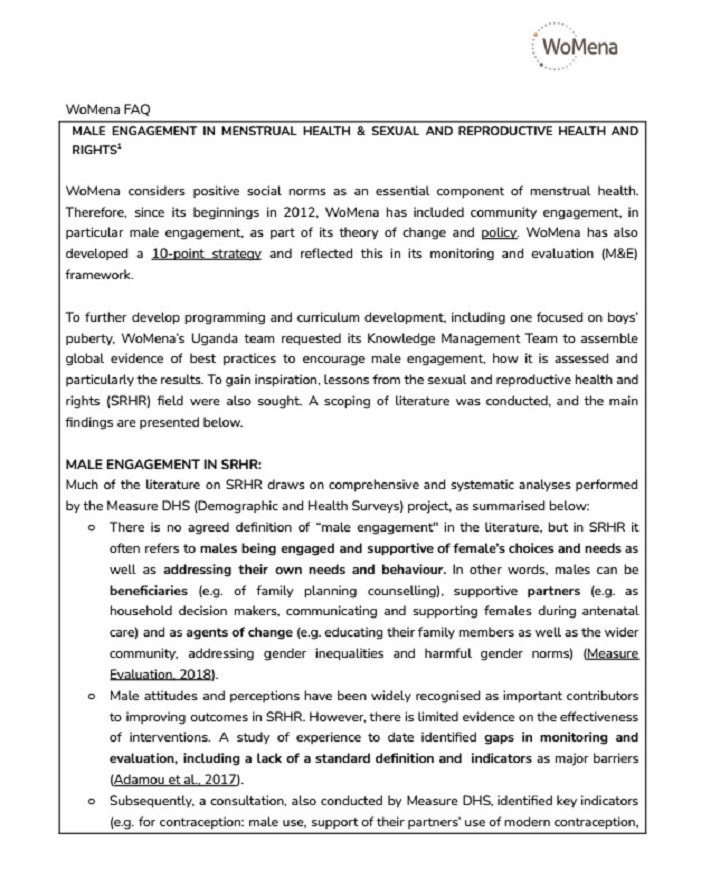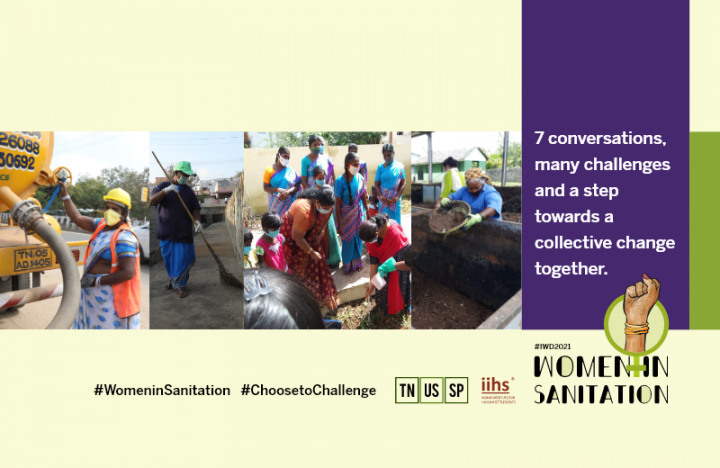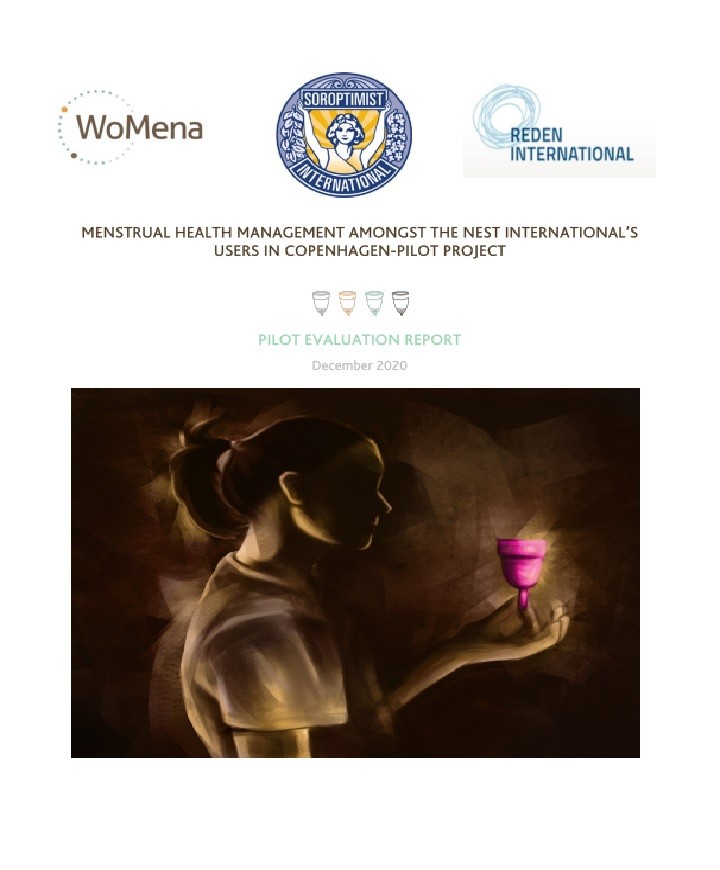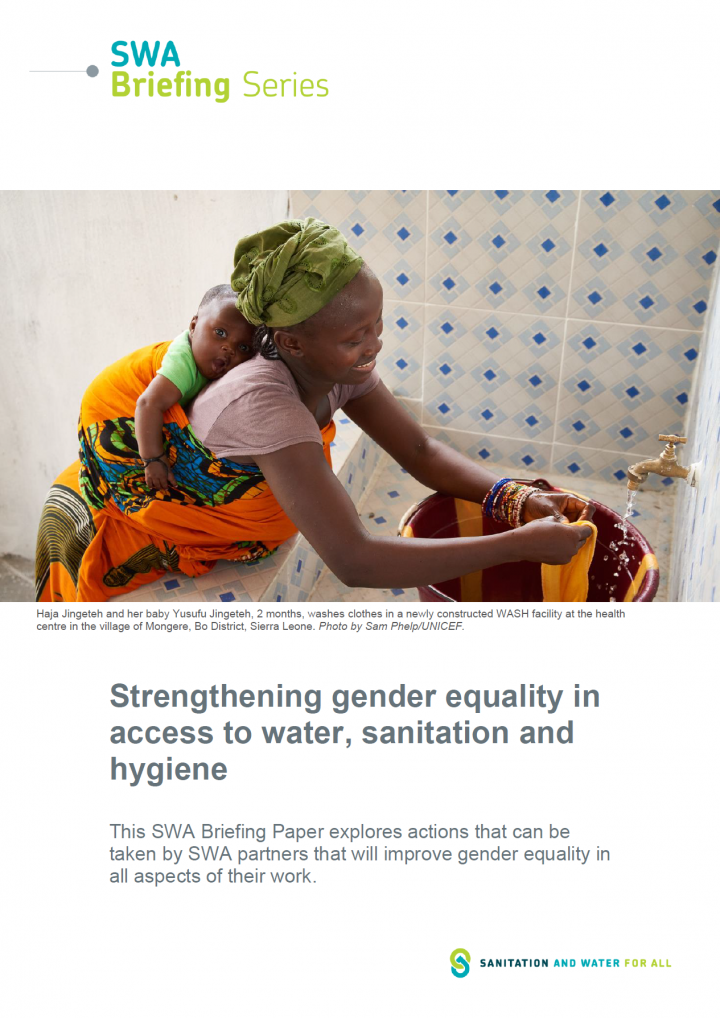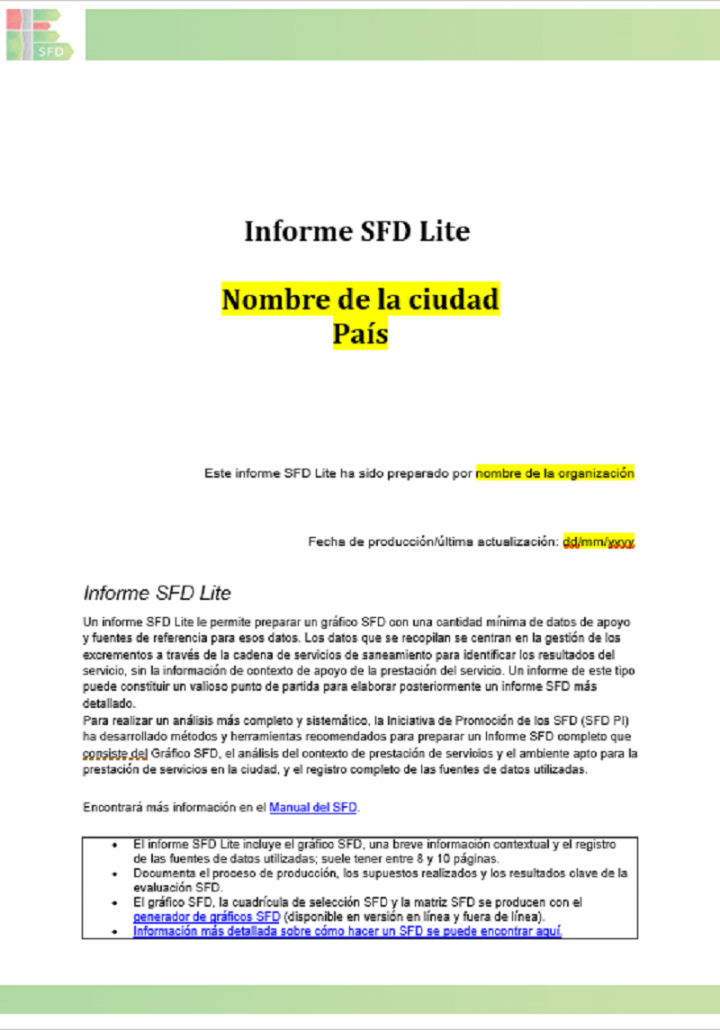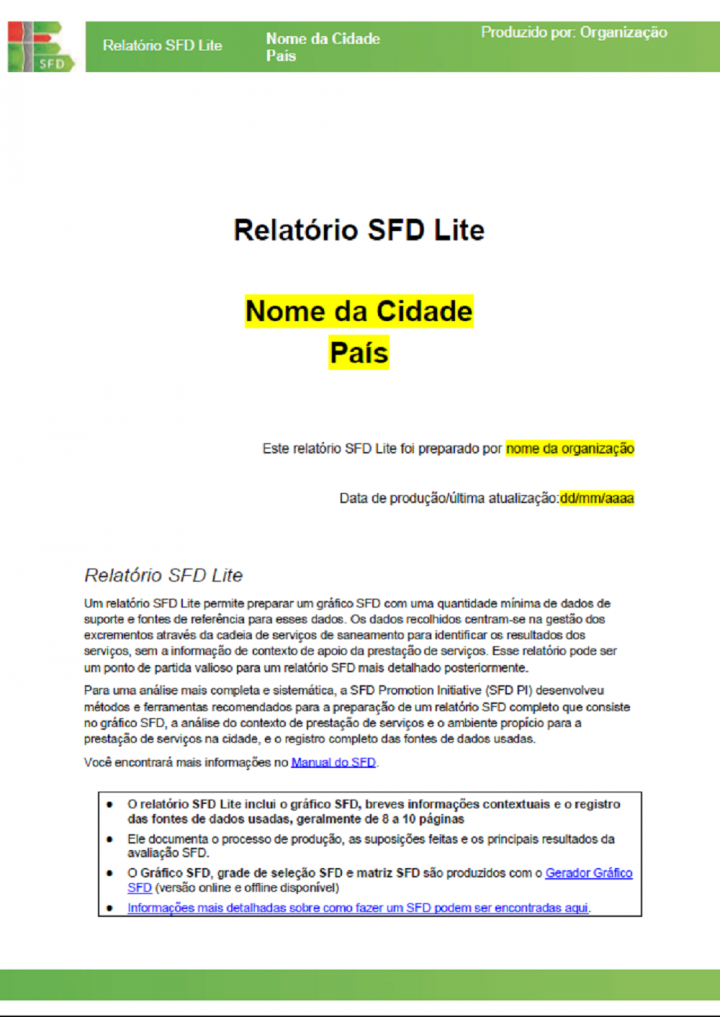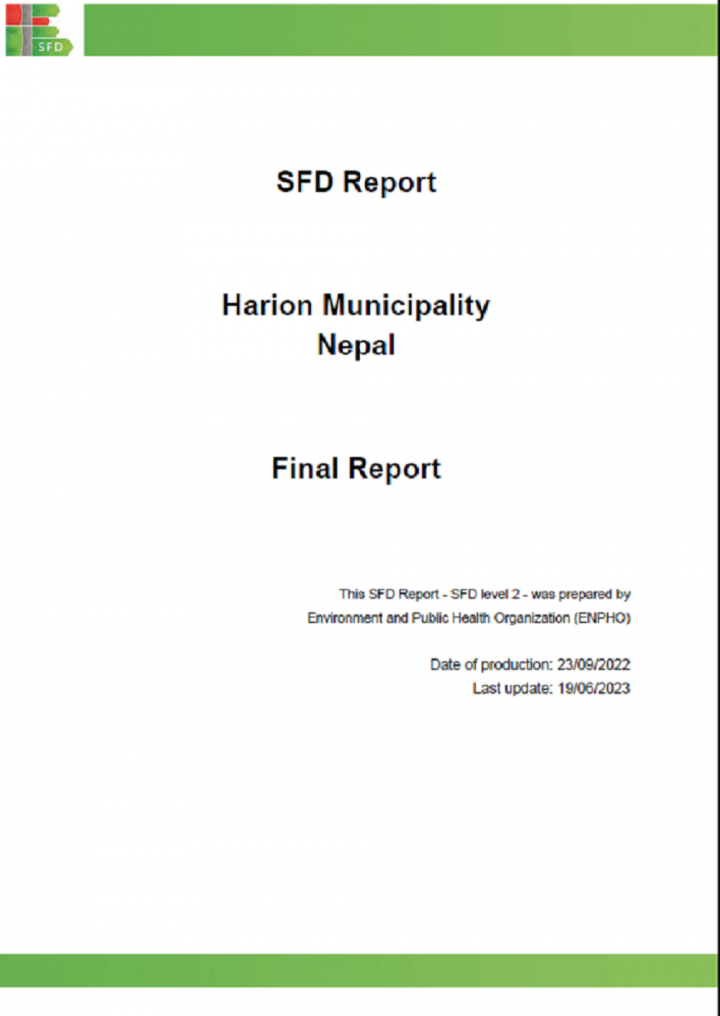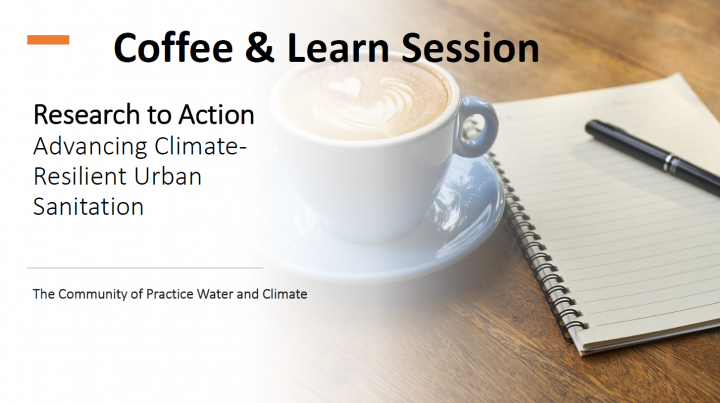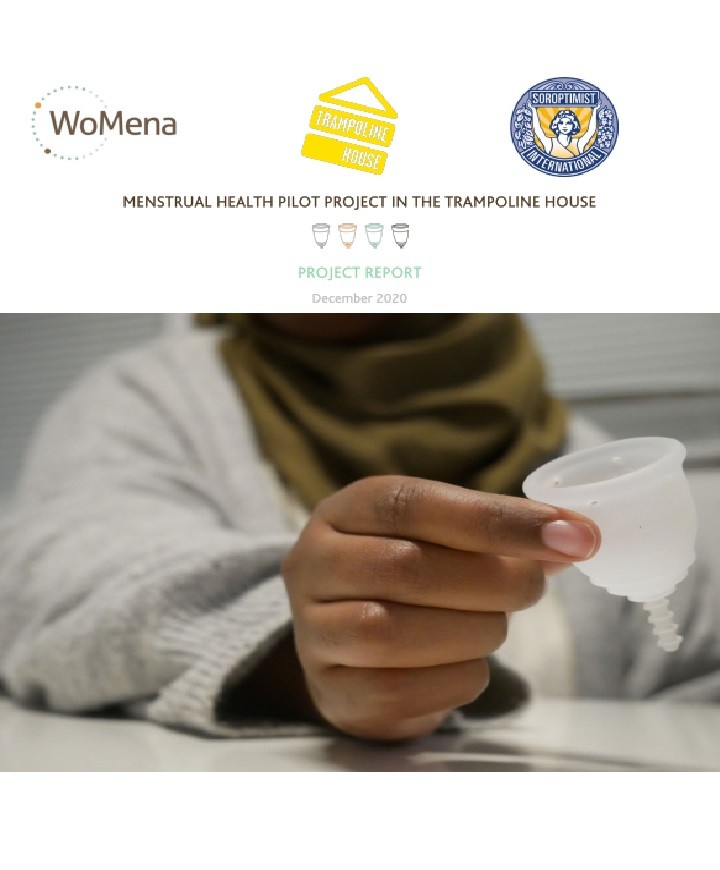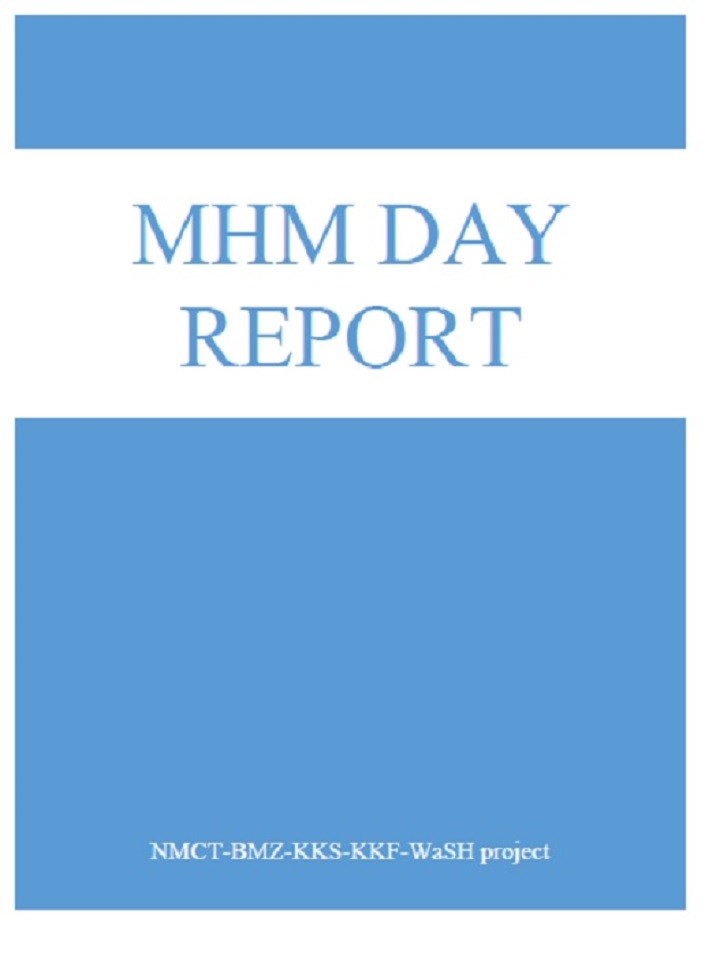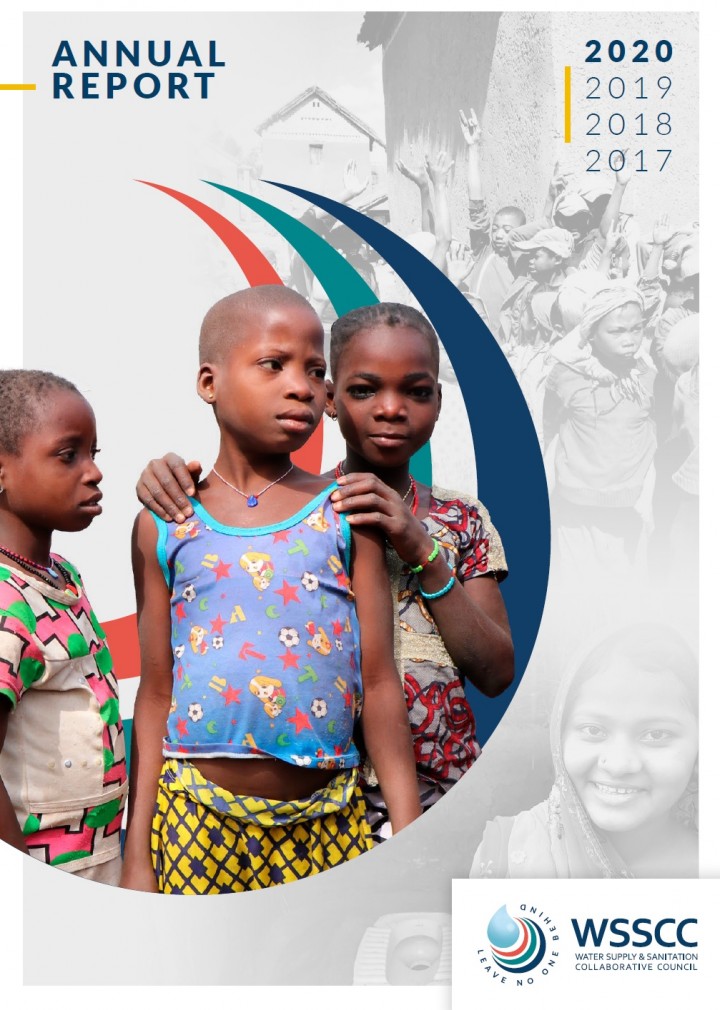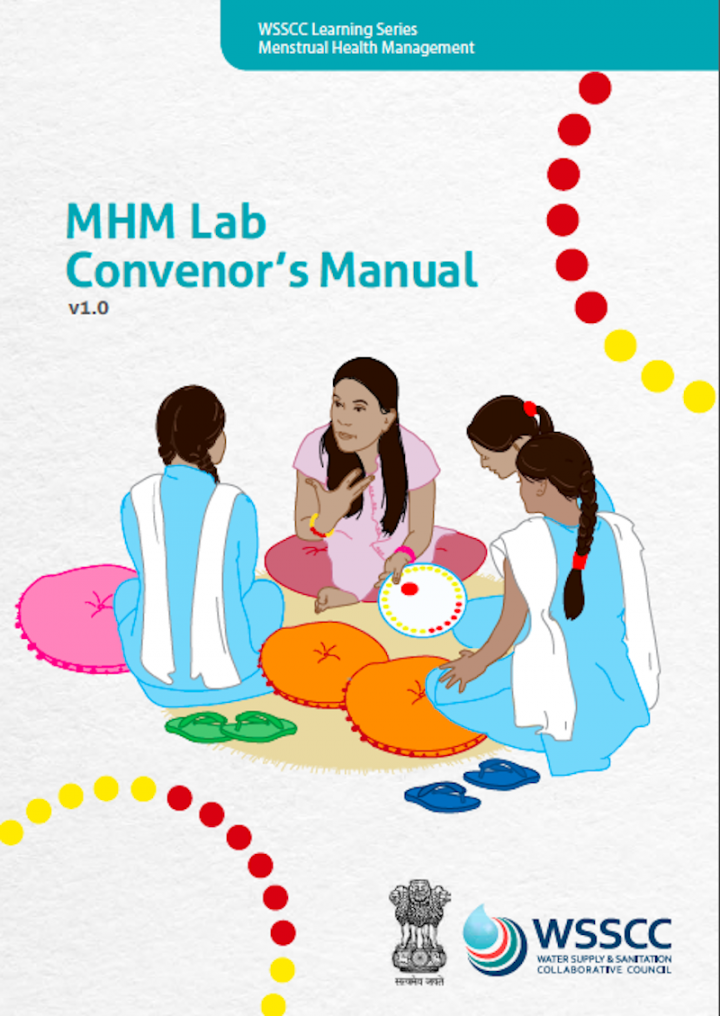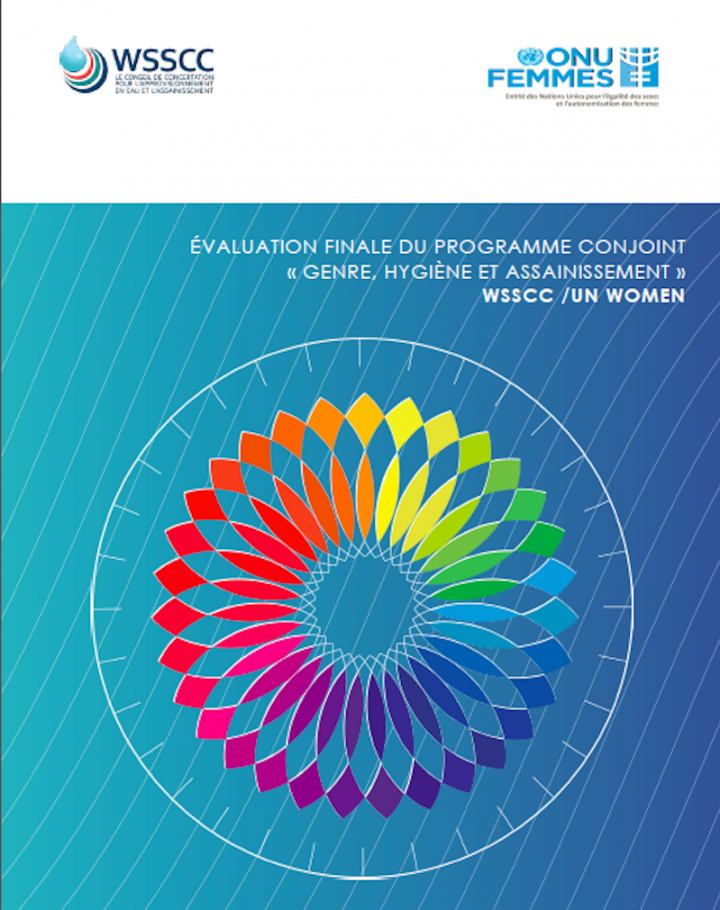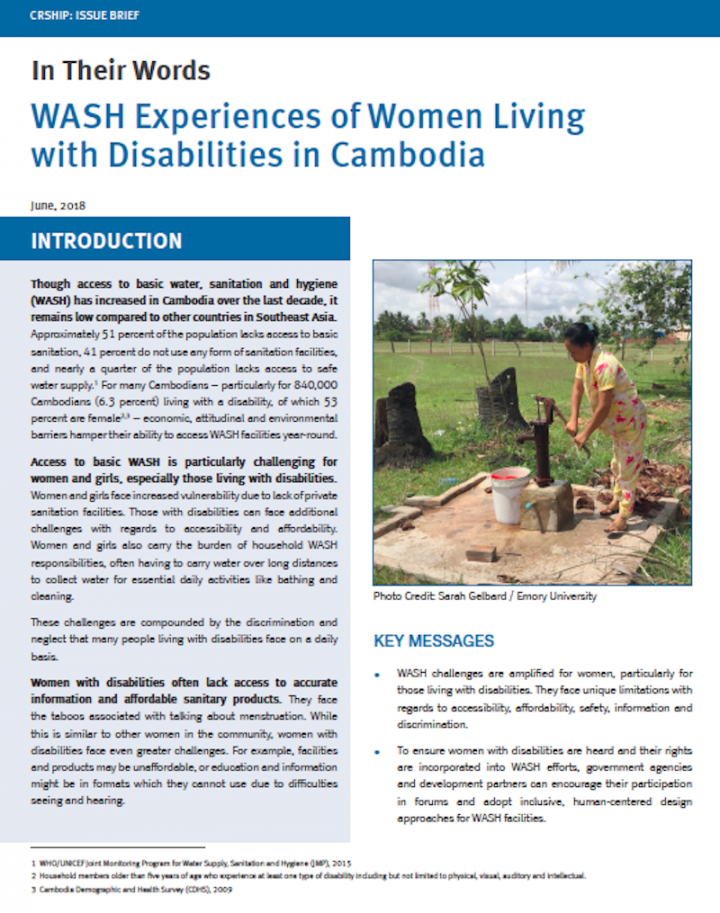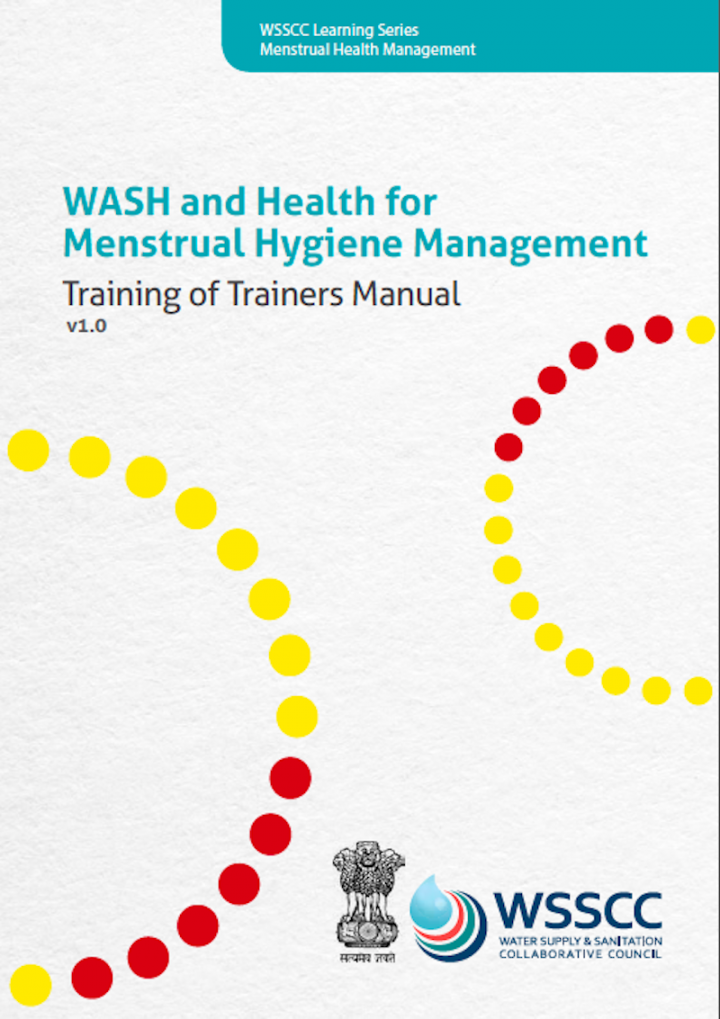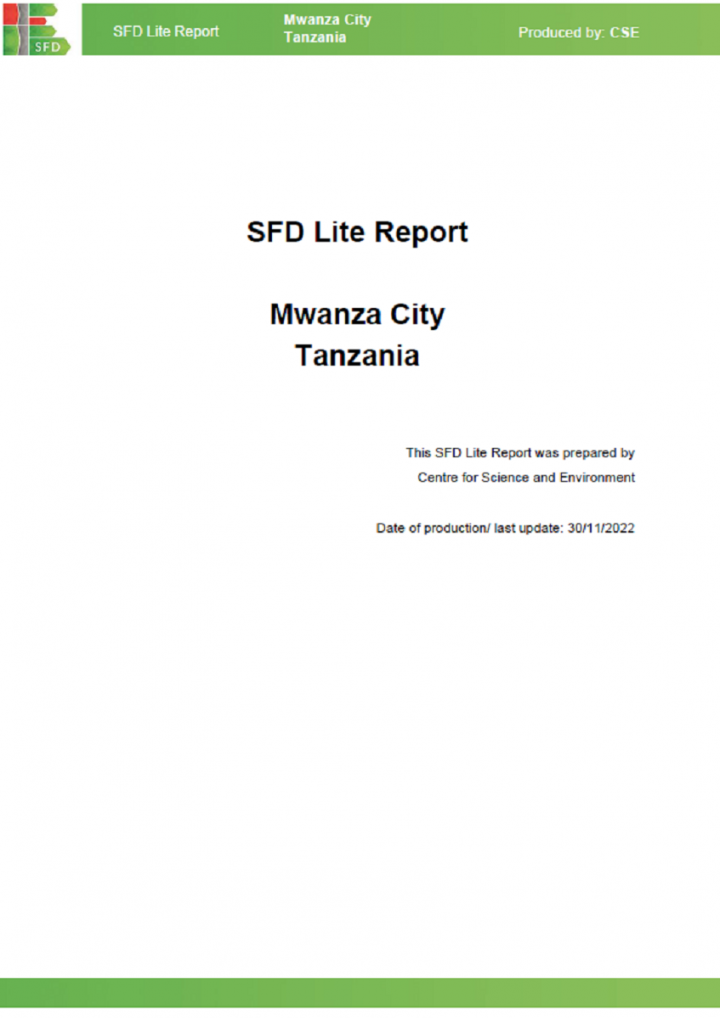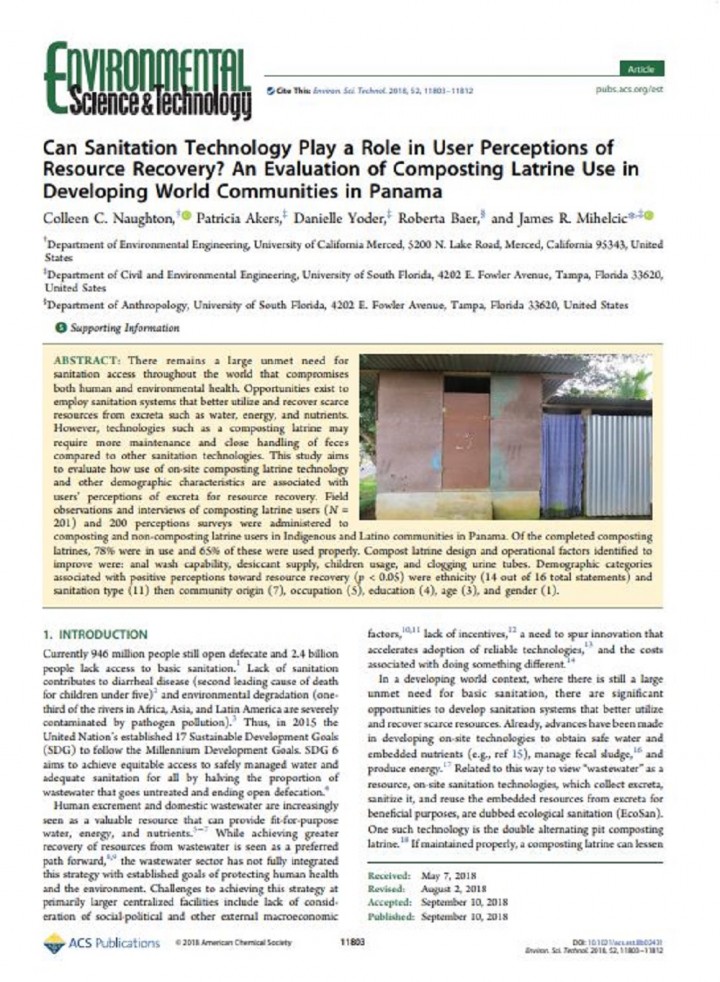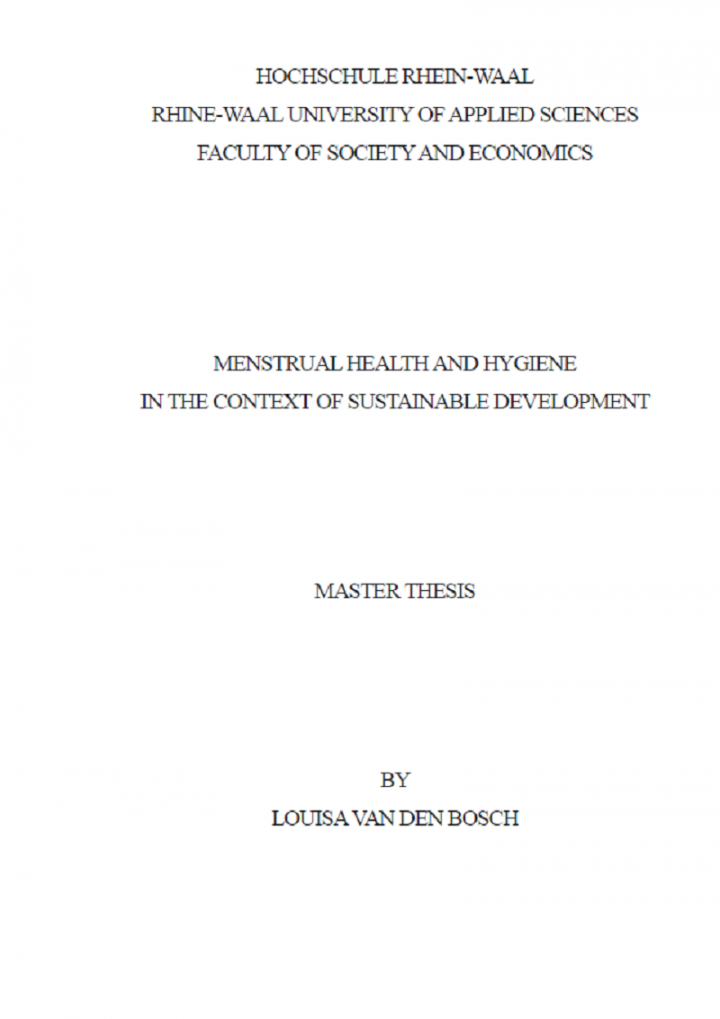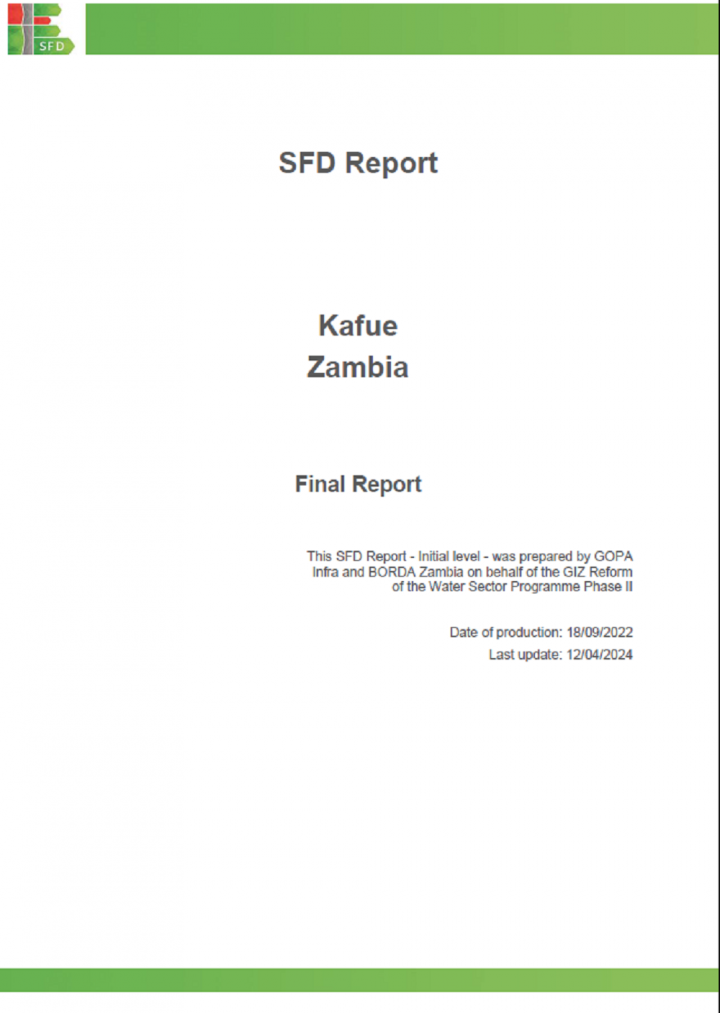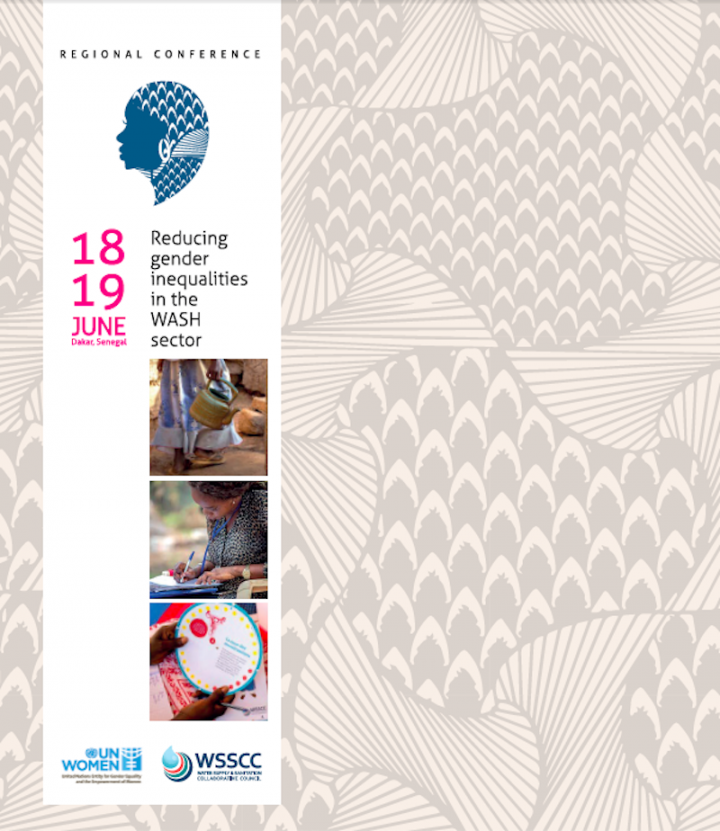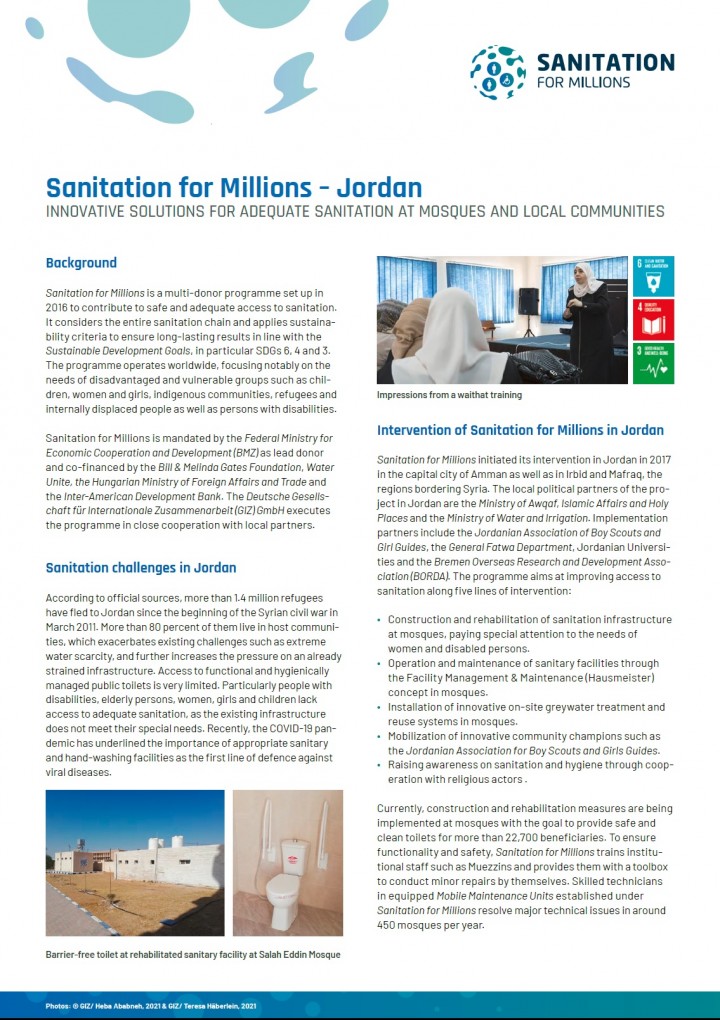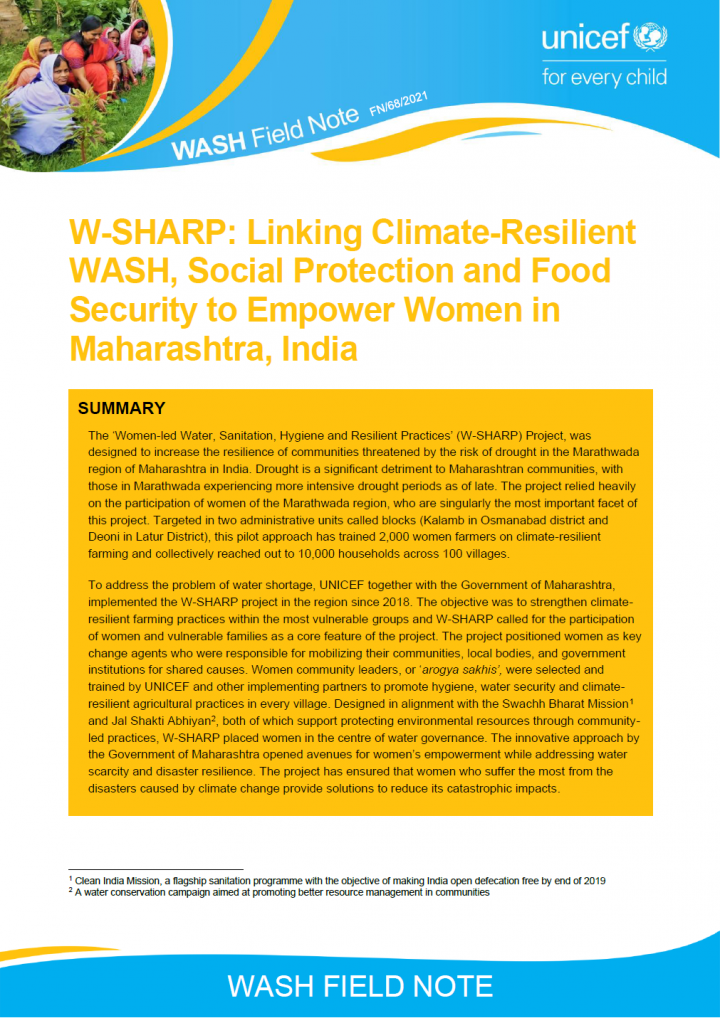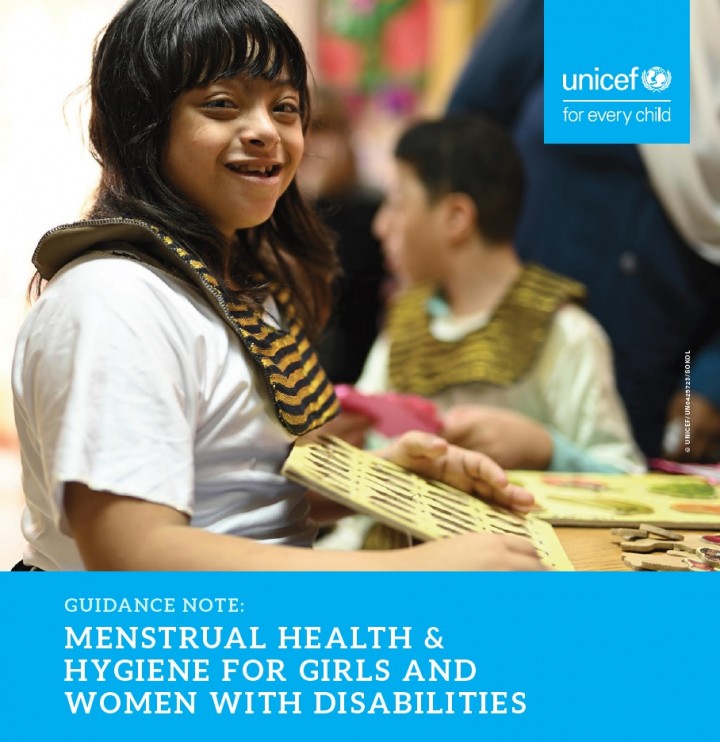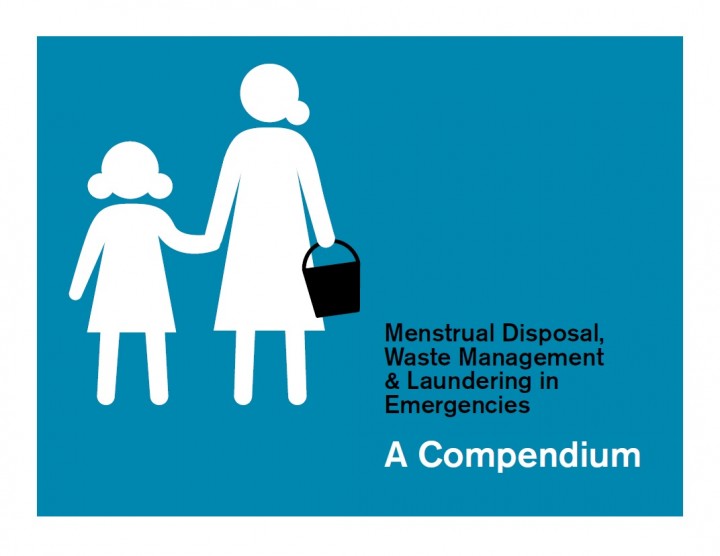Searching for information on Sanitation Workers?
The Sanitation Workers Knowledge + Learning Hub is the best source for all current news, trends, articles and updates on sanitation workers rights around the world.
As the largest refugee hosting country in Africa, Uganda currently hosts more than 1.5 million refugees throughout the country. Since 2017, Uganda has been one of the first countries to pilot the implementation of the Comprehensive Refugee Response Framework (CRRF). The CRRF aims to ease pressure on host countries, like Uganda, enhance refugees’ self-reliance, expand access to third-country …
WoMena considers positive social norms as an essential component of menstrual health. Therefore, since its beginnings in 2012, WoMena has included community engagement, in particular male engagement, as part of its theory of change and policy. WoMena has also developed a 10-point strategy and reflected this in its monitoring and evaluation (M&E) framework.
Much of the literature on SRHR draws …
To celebrate the occasion of International Women’s day on March 8 th , the Tamil Nadu Urban Sanitation Support Programme (TNUSSP) and the Indian Institute for Human Settlements (IIHS) has launched a social media campaign on women in sanitation. The stories being shared on social media raises important questions, not just to women but also to men who are playing different roles across the full …
Foreign sex workers in Denmark are triply marginalised - due to their profession, legal status, as well as in matters related to menstruation. This pilot project aimed to assess the acceptability of the menstrual cup (MC) as well as education in menstrual health management (MHM) amongst 26 women from this group using the 'Nest International’' centre, who volunteered to be part of the project. …
This SWA Briefing Paper explores actions that can be taken by SWA partners that will improve gender equality in all aspects of their work.
While there has been significant progress over the last few decades, gender inequality continues to be one of the most pervasive human rights violations throughout the world. Despite considerable attention and commitment, including through the SDGs’ …
Harion Municipality is one of the new municipalities declared by the government of Nepal on May 18, 2014, which is formed by joining four contemporary Village Development Committees (VDCs) namely Atrouli, Sasapur, Ghukauli and Harion VDCs. It is located in Sarlahi District, Madhesh Province. The Municipality has a total of 11 political wards. It covers 88.1 square kilometres of area. The …
The SuSanA Secretariat and University of Technology, Sydney (UTS) were invited by the GIZ Community of Practice "Water and Climate" to a webinar, which took place on the 25th July 2023.
This transformative Coffee & Learn session bridges the gap between research and project implementation. As climate change poses an increasing threat to urban sanitation services, it is crucial to stay ahead of …
Female asylum seekers and refugees face challenges in access to Sexual and Reproductive Health (SRH) care and face disproportionate outcomes. Menstrual Health Management (MHM) has also been noted as a concern, particularly relating to a lack of knowledge and access to appropriate management methods. Implications for poor MHM are wide reaching, but there is little data relating to MHM and female …
The Native Medicare Charitable Trust (NMCT), the Bundesministerium für wirtschaftliche Zusammenarbeit (BMZ), the Karl Kübel Foundation (KKF) and the Karl Kübel Stiftung (KKS) organized various programmes due to MHM day celebration. They created a theme for MHM day 2021, which was “Time to celebrate our Womenhood”. Based on the theme they conducted a competition as well as various types of …
For three decades the Water Supply and Sanitation Collaborative Council (WSSCC) has operated as a global, multi-stakeholder membership and partnership organization working with poor people, organizations, governments, and local entrepreneurs to improve sanitation and hygiene at scale. WSSCC has been committed to a world in which everyone, everywhere can practice safe sanitation and hygiene with …
The MHM Lab’s aim is simple: to transform menstruation into a matter of pride and help women and girls stop suffering in silence. By enabling safe and hygienic menstrual management (MHM), as well as safe reuse and/or disposal of menstrual hygiene products, the Lab allows women and girls to regain control of a basic but fundamental part of their well-being. Creating a welcoming yet efficient …
From 2014 to 2018 the Water Supply and Sanitation Collaborative Council (WSSCC) and UN Women implemented the Joint Programme on Gender, Hygiene and Sanitation. The objective of the programme was to support governments with the design of inclusive and evidence-based policies in the water and sanitation sector with special attention to the needs of women and girls. The programme used Menstrual …
There is limited documented information about the WASH experiences of women with disabilities in Cambodia. It is critical to listen to their voices in order to better shape programs and policies, and begin challenging discriminatory attitudes. Greater participation is the first step to ensuring that women with disabilities can access the facilities, services, and products to manage their WASH …
This Manual has been developed for trainers of WASH and for health practitioners, to enable them to speak confidently about an issue that is regularly shrouded in silence, and which impacts upon women and girls health, education and livelihoods. The Manual includes a series of learning units (LUs), which are aimed at teaching practitioners how to improve menstrual hygiene for women and girls. It …
Mwanza City, popularly known as “The Rock City”, is situated in the north-west of Tanzania on the southern shores of the Lake Victoria. Mwanza city is the second largest city in Tanzania and is the capital of Mwanza Region. The city covers an area of 256 sq.km, divided into land area covering 173 sq.km, equivalent to 67.6 % of total area and 83.0 sq.km, equivalent to 32.4 % of water area, …
There remains a large unmet need for sanitation access throughout the world that compromises both human and environmental health. Opportunities exist to employ sanitation systems that better utilize and recover scarce resources from excreta such as water, energy, and nutrients. However, technologies such as a composting latrine may require more maintenance and close handling of feces compared to …
The biological process of menstruation affects around a quarter of the world's population. Nevertheless, it is surrounded by secrecy and taboos, and encompasses various sociocultural and structural challenges. These and their impacts negatively affect the lives of menstruators restricting their freedom, choices, participation, and mobility. The concept of Menstrual Health and Hygiene (MHH) aims …
Kafue District is one the six districts serviced by LWSC and Kafue Town, the area of interest in this study, is in this district. The town is located about 45 km south of Lusaka City, the nation’s capital. It is located on the northern bank of the Kafue River, whose water is the major source of water supply for Chilanga District, Lusaka City and Kafue Town itself. The population of Kafue Town …
Building on a human right-based approach, the Gender,Hygiene and Sanitation (GHS) Joint Programme, implemented by the Water Supply and Sanitation Collaborative Council (WSSCC) and the United Nations Entity for Gender Equality and the Empowerment of Women (UN Women), intends to support governments in assessing their policies, guidelines and budgets to better reflect women’s and girls’ rights …
Sanitation for Millions is a multi-donor programme set up in 2016 to contribute to safe and adequate access to sanitation. It considers the entire sanitation chain and applies sustainability criteria to ensure long-lasting results in line with the Sustainable Development Goals, in particular SDGs 6, 4 and 3. The programme operates worldwide, focusing notably on the needs of disadvantaged and …
The ‘Women-led Water, Sanitation, Hygiene and Resilient Practices’ (W-SHARP) Project, was designed to increase the resilience of communities threatened by the risk of drought in the Marathwada region of Maharashtra in India. Drought is a significant detriment to Maharashtran communities, with those in Marathwada experiencing more intensive drought periods as of late. The project relied …
This guidance seeks to address key gaps with respect to the specific practicalities of managing menstrual materials. Displaced women and girls using disposable products face clear challenges figuring out how to get rid of them in their constrained contexts. And those using reusable materials must be able to wash, dry and store them hygienically between periods, similarly with limited privacy. To …

